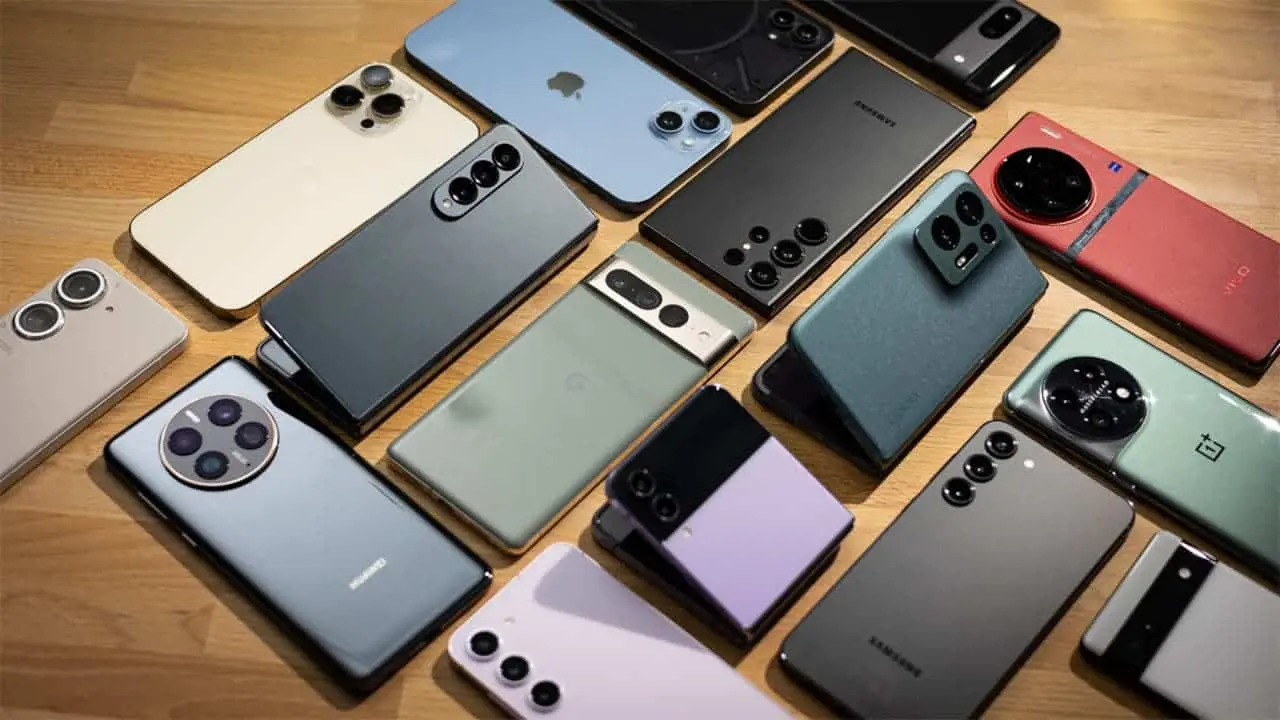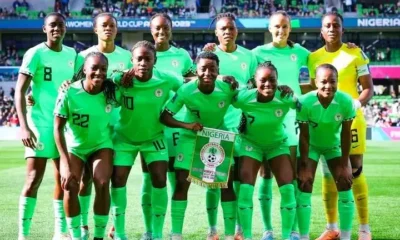Nigeria, the giant of Africa, boasts a vibrant economy rich in natural resources and a young, energetic population. This makes it a prime target for foreign investors seeking lucrative opportunities for investments.
While the oil and gas sector has historically dominated foreign investments, recent trends reveal diversification across various industries.
Let’s delve into the top 10 sectors currently attracting significant foreign investments to Nigeria:
1. Banking
The Nigerian banking sector stands tall as the top recipient of foreign investments. The country’s robust financial system, coupled with a growing middle class, presents an attractive market for international banks and investors.
Recent quarters have witnessed a significant surge in foreign capital inflow into Nigerian banks, with a focus on providing financing for businesses and individuals.
2. Trading
The bustling commercial activities in Nigeria make the trading sector a magnet for foreign investments. From established retailers to import and export businesses, the opportunities are vast.
Foreign investors are drawn to the growing consumer base and the potential for establishing efficient distribution networks across the country.
3. Production & Manufacturing
Nigeria’s push for industrialization has opened doors for foreign investors in the production and manufacturing sector.
Investments are flowing into areas like food processing, pharmaceuticals, and construction materials. This sector offers the potential for import substitution, creating jobs, and boosting the nation’s self-sufficiency.
4. Telecommunications
Nigeria’s telecommunications sector has experienced phenomenal growth, fueled by a rising mobile phone penetration rate.
This has attracted significant foreign investments in network infrastructure expansion, mobile money services, and the development of innovative telecommunication solutions.
5. Information Technology (IT) Services
Nigeria’s youthful population and tech-savvy individuals are driving the demand for IT services. Foreign investors are recognizing the potential in areas like software development, cloud computing, and cybersecurity.
This sector presents an exciting opportunity for collaboration and knowledge transfer between international companies and local talent.
6. Shares & Stocks
The Nigerian Stock Exchange (NSE) is a vibrant platform attracting foreign investors seeking to participate in the country’s economic growth.
Investments are channelled into various sectors listed on the NSE, allowing foreigners to diversify their portfolios and tap into the potential of promising Nigerian companies.
7. Financing
The growing demand for financial services, particularly in areas like microfinance and venture capital, is attracting foreign investment in the financing sector.
Foreign investors are providing capital to support small and medium-sized enterprises (SMEs) and fostering an environment for entrepreneurship to flourish.
8. Electricity
Nigeria’s ongoing quest for a stable and reliable power supply has opened doors for foreign investors in the electricity sector.
Investments are directed towards renewable energy solutions, grid modernization, and independent power generation projects. This sector holds the key to unlocking Nigeria’s economic potential.
9. Agriculture
Despite being a powerhouse in agriculture, Nigeria still relies on imports for certain food items.
This presents an opportunity for foreign investors to partner with local farmers and businesses to improve agricultural practices, and processing techniques, and establish efficient distribution channels.
10. Transportation
Nigeria’s underdeveloped transportation infrastructure is seen as a hurdle by foreign investors. However, this also presents a lucrative opportunity for investment in road construction, railway development, and the modernization of air and seaports.
Improved transportation infrastructure will not only benefit foreign businesses but also enhance the overall economic activity within Nigeria.
In conclusion…
Nigeria’s economic landscape is transforming, attracting foreign investments across diverse sectors. The government’s efforts to create a conducive business environment, coupled with the nation’s abundant resources and vast market potential, make it a compelling destination for foreign capital.
As Nigeria continues on its growth trajectory, these investments will play a crucial role in unlocking its full economic potential and propelling the nation towards a brighter future.
For more business updates, check here.



























































